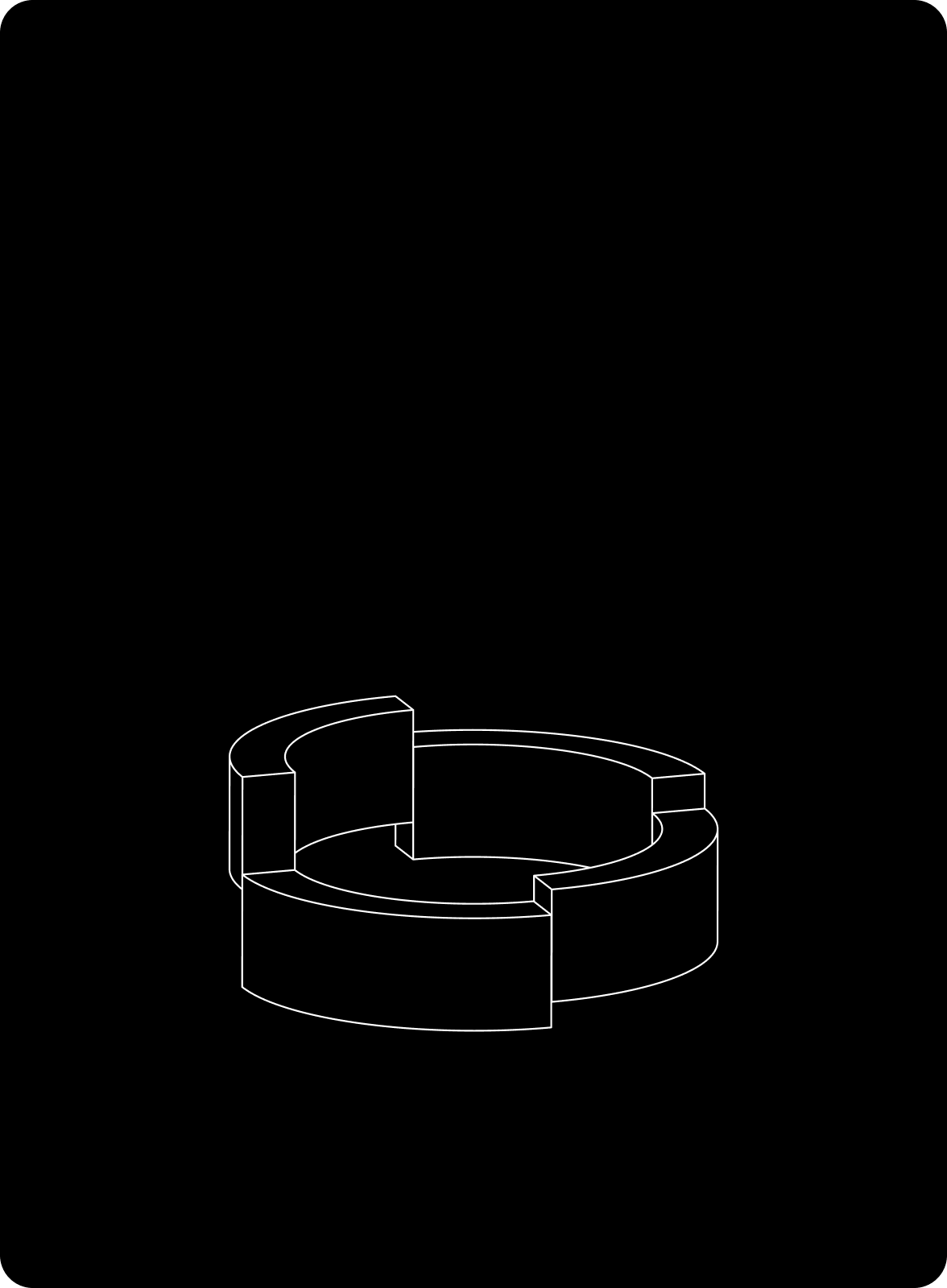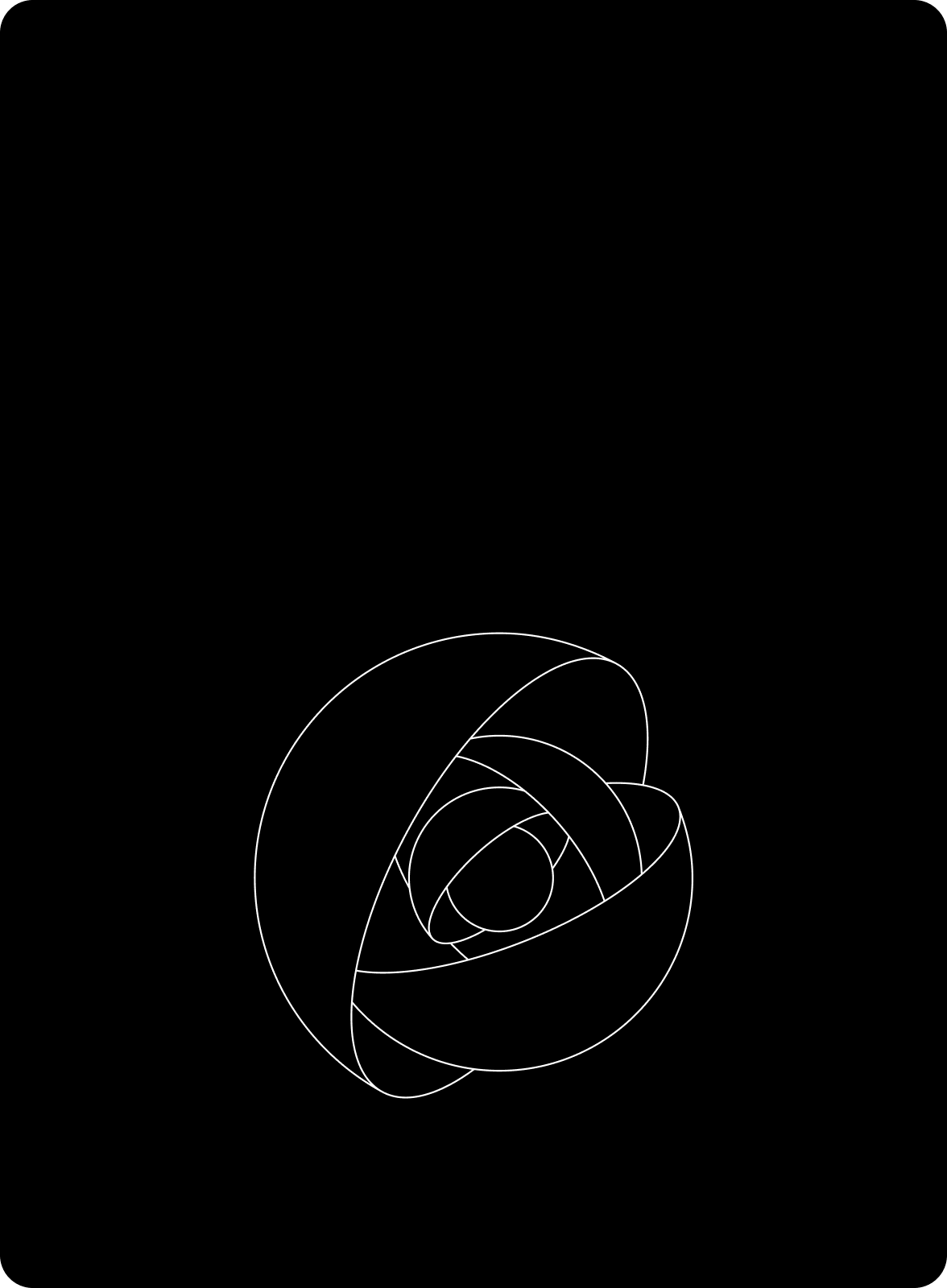HOOD Rewards Season: Earn up to 3% on eligible account transfers. Now through Mar 25. Terms apply. Subscription may apply. Learn more.
Drive your IRA
with a Gold boost
Max out your 2025 and 2026 IRA contributions and lock in a 3% annual IRA contribution match with Robinhood Gold ($5/mo). Transfers earn 2% through April 30.
Non-Gold customers receive a 1% contribution match. Customers receive a 1% match year-round on IRA transfers, with or without Gold. Gold membership is offered by Robinhood Gold, LLC. Subscription fee applies.
Non-Gold customers receive a 1% contribution match. Customers receive a 1% match year-round on IRA transfers, with or without Gold. Gold membership is offered by Robinhood Gold, LLC. Subscription fee applies.
Make moves, get rewarded

3% IRA Match

2% Transfer Boost
You can add an IRA on top of
your employer’s 401(K)
If you’re maxing out your 401(k) already, you may still be able to open and contribute to an IRA and invest even more toward your future (up to $7,000 for 2025). Open an IRA and sign up for Robinhood Gold ($5/month) to get a 3% match on every eligible dollar you deposit.
Limitations apply to both types of retirement accounts. Please see the IRS's IRA Deduction Limits for more information.

Robinhood Strategies
Your portfolio, handled by the pros
Portfolio management offered through Robinhood Asset Management ("Robinhood Strategies"), an SEC-registered investment advisor. Gold membership is offered by Robinhood Gold, LLC.

Tax Advantages
Invest in your future with tax benefits
Robinhood does not provide tax advice.

Account Protection
SIPC coverage up to $500k
SIPC coverage does not protect against a loss in the market value of securities. Learn more on our help center.

Options
Trade options in a tax-advantaged account
Other fees may apply. Learn more about options trading on Robinhood. View Robinhood Financial’s fee schedule. Options carry a significant level of risk and are not suitable for all investors. To learn more, read the Options Disclosure Document.
You've got questions.We got answers.
What's an IRA and how does it work?
An individual retirement account (IRA) allows you to save and invest money for retirement with tax advantages.
We offer 2 types of IRAs: Roth and traditional. A Roth IRA offers tax-free growth potential on after-tax contributions. With a traditional IRA, your investments have the opportunity to grow tax-deferred and you may be eligible for a tax deduction on your contributions.
Each year, the IRS sets a maximum amount that you can contribute across all of your IRAs. This includes IRAs outside of Robinhood. For 2025, the contribution limit is $7,000 for people under age 50, and $8,000 for people age 50 and over.
Keep in mind, you can contribute to your IRA for the previous tax year until the IRS tax filing deadline.
You can add money to your IRA in 2 ways:
- Make annual IRA contributions that count toward your limit
- Transfer or roll over money from another retirement account. There is no limit to the amount you can transfer or roll over.
When you fund a Robinhood IRA and subscribe to Robinhood Gold, we’ll give you a 3% boost—also called a match—on all annual contributions. That means we’ll add 3% on top of every $1 you contribute—up to the IRS contribution limits.
- To earn a 3% boost, join Robinhood Gold for $5 per month and keep your membership for 1 year.**
- Without Gold, you’ll still earn a 1% match on all annual contributions, IRA transfers, and old 401(k) rollovers
IRA match does not apply to managed IRAs from Robinhood Strategies.
Disclosures:
**1 year starts from the date you earned your first Gold match.
You must have earned (wage) income in order to contribute to an IRA. The funds that earned the match must be kept in the account for at least 5 years to avoid a potential Early IRA Match Removal Fee. For more information, visit the IRA match FAQ.
Funds being contributed into or distributed from retirement accounts may entail tax consequences. Contributions are limited and withdrawals before age 59½ may be subject to a penalty tax. Robinhood does not provide tax advice; please consult with a tax adviser if you have questions.
A Robinhood IRA is available to any U.S. customer with a Robinhood brokerage account in good standing.
All investments involve risk and loss of principal is possible.
What's the IRA Match?
The IRA match is a 3% match on annual contributions with a Robinhood Gold subscription ($5/month) or 1% without.
You get matched on any amount from contributions, IRA transfers, or old 401(k)s. We’ll add 1%. No cap.
IRA match does not apply to managed IRAs from Robinhood Strategies.
KEEP IN MIND
The match isn’t counted toward your annual contribution limits.
The IRA contribution limits set by the IRSfor 2025 are:
$7,000 if you are under age 50, which means you can earn up to $70 extra (or $210 with Robinhood Gold)
$8,000 if you are age 50 or over, which means you can earn up to $80 on top of your contributions (or $240 with Robinhood Gold)
NOTE
You can contribute to your IRA for the previous tax year until the IRS tax filing deadline.
Disclosures
This is not a recommendation to roll over.
A rollover is not your only option for an old 401(k). You generally have 4 options for what you can do with a 401(k) from a former employer. There are pros and cons to each that you should consider. This isn’t tax advice. Consult a tax professional to understand your unique situation. For more information, visit Robinhood’s Help Center or FINRA’s site.
The 3% matching on contributions requires a subscription with Robinhood Gold ($5/mo) and customers must stay subscribed to Gold for 1 year after your first Gold match to keep the full Gold match. Match rate subject to change. Non-Gold customers receive a 1% match. Offer only applies to self-directed IRAs.(
The funds that earned any match must be kept in the account for at least 5 years to avoid a potential Early IRA Match Removal Fee. For more information, visit the IRA Match FAQ.
This is not a recommendation on any investment or investment strategy.
When will I get the IRA Match?
You’ll usually get your IRA match right away after your deposits settle. The exact amount of time depends on the type of deposit you’re making:
If you’re making a regular annual contribution: Once your deposit is complete, you’ll usually get your IRA match money instantly. Keep your contributions in your IRA for at least 5 years to avoid the early IRA match removal fee.
If you’re transferring an IRA: Once your transfer completes, your match amount is calculated based on the match percent of the total of the transferred cash plus transferred securities and options.
- Settlement happens when the securities are posted to the account and available to trade. Note that the match money is only available for securities that successfully transfer and settle and won’t be granted for securities that are rejected.
If you’re rolling over a 401(k): When your old 401(k) rollover completes, the match will be calculated based on the match percent of total rollover amount.
IRA match does not apply to managed IRAs from Robinhood Strategies.
What's the difference between a Roth IRA and a traditional IRA?
Each type of IRA has unique benefits. You can have a Roth or traditional IRA even if you already have a 401(k).
With a Roth IRA:
- You’re only eligible to contribute to a Roth IRA if you make under a certain amount per year.
- You contribute after-tax dollars. This means your contributions aren’t tax-deductible.
- You can withdraw contributions anytime with no penalties or fees.
- If you withdraw earnings before you’re age 59½—and before you’ve owned your Roth IRA for at least 5 years—you may have to pay a 10% tax penalty.
- You aren’t required to make a withdrawal after you reach a certain age.
With a traditional IRA:
- You generally contribute pre-tax dollars. This means you may be able to take a tax deduction for the amount you contribute—which could help you save on taxes each year.
- You can start withdrawing money without any penalties once you’re age 59½. You’re generally taxed on the amount you withdraw.
- If you need to make a withdrawal before you’re age 59½, you can—but you may have to pay a 10% penalty
- After you turn 73, you must withdraw a minimum amount each year from your traditional IRA to avoid tax penalties
Learn more about traditional IRAs
Disclosure
This is not investment or tax advice.
How do I choose between a Roth IRA and a traditional IRA?
To decide which IRA is right for you, first find out your eligibility:
You’re typically eligible for a Roth IRA if:
- You’re filing taxes as single or head of household and your modified adjusted gross income (MAGI) is be under $165,000 for 2025.
- You’re filing jointly as a married couple and your MAGI is under $246,000 for 2025.
You’re usually eligible for a traditional IRA if:
- You’ve earned any amount of income this year.
Learn more about traditional IRAs
If you’re eligible for both types of IRAs, you may want to consider whether you want tax benefits now or in the future.
A Roth IRA may be right for you if you:
- Want tax-free withdrawals in retirement.
- Want to have access to your IRA money before retirement.
- Expect to be in a higher tax bracket after you retire.
A traditional IRA may be right for you if you:
- Want to potentially save on taxes this year.
- Don’t expect to use any IRA money before retirement.
- Expect to be in a lower tax bracket after you retire.
Disclosure
This is not investment or tax advice.
I've got another IRA or old 401(k)—can I transfer or roll over to Robinhood?
Yes, you can transfer another IRA or roll over old retirement accounts, like a 401(k) or 403(b), into a Robinhood IRA.
When you transfer another IRA to your Robinhood IRA, keep these details in mind:
- A transfer is a movement of funds between 2 retirement accounts of the same type. For example, you can transfer eligible assets from an outside Roth IRA into a Robinhood Roth IRA.
- We’ll reimburse the IRA closing or transfer fee that the other brokerage might charge—up to $75 for transfers of $7,500 or more in equity, options, and cash assets, provided we receive proof of the charge.
When you roll over an old 401(k) to a Robinhood IRA, keep these details in mind:
- A rollover is a non-taxable (but may still need to be reported) way to transfer money from an old 401(k) into an IRA. A rollover is just 1 of several actions you can take with your old 401(k). Learn more about rollovers and transfers.
- Robinhood can currently only accept rollovers in cash.
- Robinhood doesn’t reimburse fees associated with rollovers. Contact your plan provider to determine if a rollover will incur a fee.
You’ll get a 1% match. Transfer or rollover any amount from another retirement account and we’ll add a match in addition to the rollover amount, with no limit on the match dollars you can earn. For example, if you transfer or roll over $1,000,000, we’ll match you $10,000 on top (with or without Gold). For more information, visit the IRA match FAQ.
IRA match does not apply to managed IRAs from Robinhood Strategies.
Disclosures
This is not a recommendation to roll over.
A rollover is not your only option for an old 401(k). You generally have 4 options for what you can do with a 401(k) from a former employer. There are pros and cons to each that you should consider. This isn’t tax advice. Consult a tax professional to understand your unique situation. For more information, visit Robinhood’s Help Center or FINRA’s site.
The funds that earned the match must be kept in the account for at least five years to avoid a potential Early IRA Match Removal Fee. Match rate subject to change. No subscription required for 1% match. Offer only applies to self-directed IRAs. For more information, see the IRA Match FAQ.
Can I make automatic contributions?
Yes! With a Robinhood IRA, it’s simple to set up automatic—or recurring—contributions. You can choose a schedule that works for you:
- Weekly, for a contribution initiated every Monday.
- Twice-monthly, for a contribution initiated on the 1st and 15th of every month.
- Monthly, for a contribution initiated on the 1st of every month.
- Quarterly, for a contribution initiated on the 1st of January, April, July, and October.
What kind of investments can I choose for my IRA?
You can choose from thousands of stocks, ETFs, and options (for qualified traders) to invest in within your IRA.
Disclosures
Investors should consider the investment objectives, risks, and charges and expenses of any Exchange Traded Product (ETP), including any Exchange-Traded Fund (ETF) and any Exchange-Traded Note (ETN), carefully before investing. The prospectus and, if available, the summary prospectus contain this and other information about the ETP and should be read carefully before investing. For a current prospectus, customers should visit the relevant ETP's details page to access a link to the prospectus.
Options trading entails significant risk and is not appropriate for all customers. Customers must read and understand the Characteristics and Risks of Standardized Options before engaging in any options trading strategies. Options transactions are often complex and may involve the potential of losing the entire investment in a relatively short period of time. Certain complex options strategies carry additional risk, including the potential for losses that may exceed the original investment amount(
This is not investment advice, nor a recommendation of any specific asset or strategy. For specific questions, consult a professional.
All investments involve risk and loss of principal is possible.
I’m not sure which investments to choose. Can you give me a recommendation?
If you’re not sure where to start, don’t worry—a managed IRA by Robinhood Strategies may be the right solution for you. When you sign up, just answer a few questions about your investing needs and retirement goals, and you'll get an expert-managed portfolio that proactively adjusts your retirement investments for 0.25% per year. Robinhood Gold subscribers ($5/month) get zero management fees on every dollar over $100K.
Terms apply
Annual management fee of 0.25% charged by Robinhood Strategies on the net portfolio value of each managed account. Robinhood Gold members pay no management fees on the portion of their managed account net portfolio that exceeds $100,000, thereby limiting the annual management fee to $250. Access to Robinhood Strategies' services does not require a Gold membership. Other fees apply. Further terms apply.
IRA match does not apply to managed IRAs from Robinhood Strategies.
Disclosures
Portfolio Management offered through Robinhood Asset Management, LLC (“Robinhood Strategies”), an SEC-registered investment advisor. For additional information about Robinhood Strategies, including about services, fees, risks, and conflicts of interest, please see our firm’s brochure.
Is the Robinhood IRA match the same as an employer’s 401(k) match?
No, not the same. The Robinhood IRA match and employer 401(k) match both offer matches on contributions. They have the following differences:
A 401(k) employer match is a contribution that an employer makes to an employee's retirement account. The Robinhood IRA is entirely different from your employer plan.
The Robinhood IRA match is a percentage of your contribution amount, whereas a 401(k) match is generally a percentage of your compensation. The percentage figure should not be used as a basis for comparison or evaluation.
Your 401(k) may have a shorter vesting plan than the 5 year holding period required to earn the full Robinhood IRA match.
Keep in mind that limitations apply to both types of retirement accounts. To learn more, read the IRS's IRA Deduction Limits.
What are the tax advantages of investing in an IRA?
We offer 2 types of IRAs: Roth and traditional. Each has special tax advantages.
Roth IRA tax advantages:
- Although you contribute after-tax dollars, your potential IRA earnings grow tax-free because you pay taxes upfront.
- You won’t pay any taxes when you make qualified withdrawals as long you’re age 59½ and have had your IRA for 5 years.
You should also know:
- Your contributions aren’t tax-deductible.
- If you withdraw any earnings before you’re age 59½ or before you’ve had account for 5 years, you’ll likely have to pay penalties and taxes.
Traditional IRA tax advantages:
- You generally contribute pre-tax dollars. This means you may be able to take a tax deduction for the amount you contribute—which could help you save on taxes each year.
- Your contributions and any potential earnings grow tax-deferred—because you usually pay taxes once you start making withdrawals.
You should also know:
- You’re required to withdraw a certain amount every year once you’re age 73, or else you may have to pay a penalty.
- If you (or your spouse, if you are married) are covered by a retirement plan through an employer, you may have to deduct less than you would otherwise.
To learn more about the tax advantages of IRAs, visit the IRS website or talk to a tax advisor.